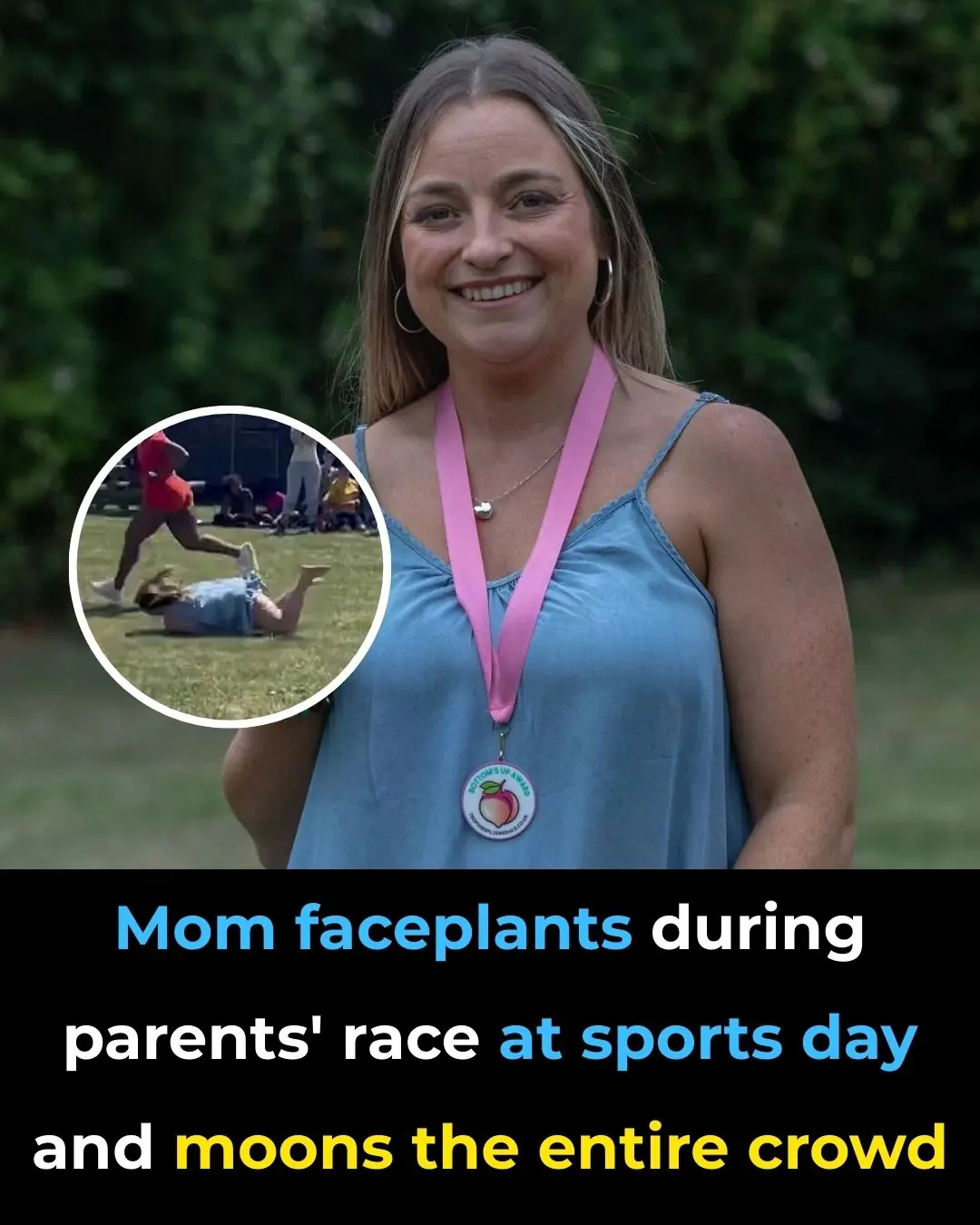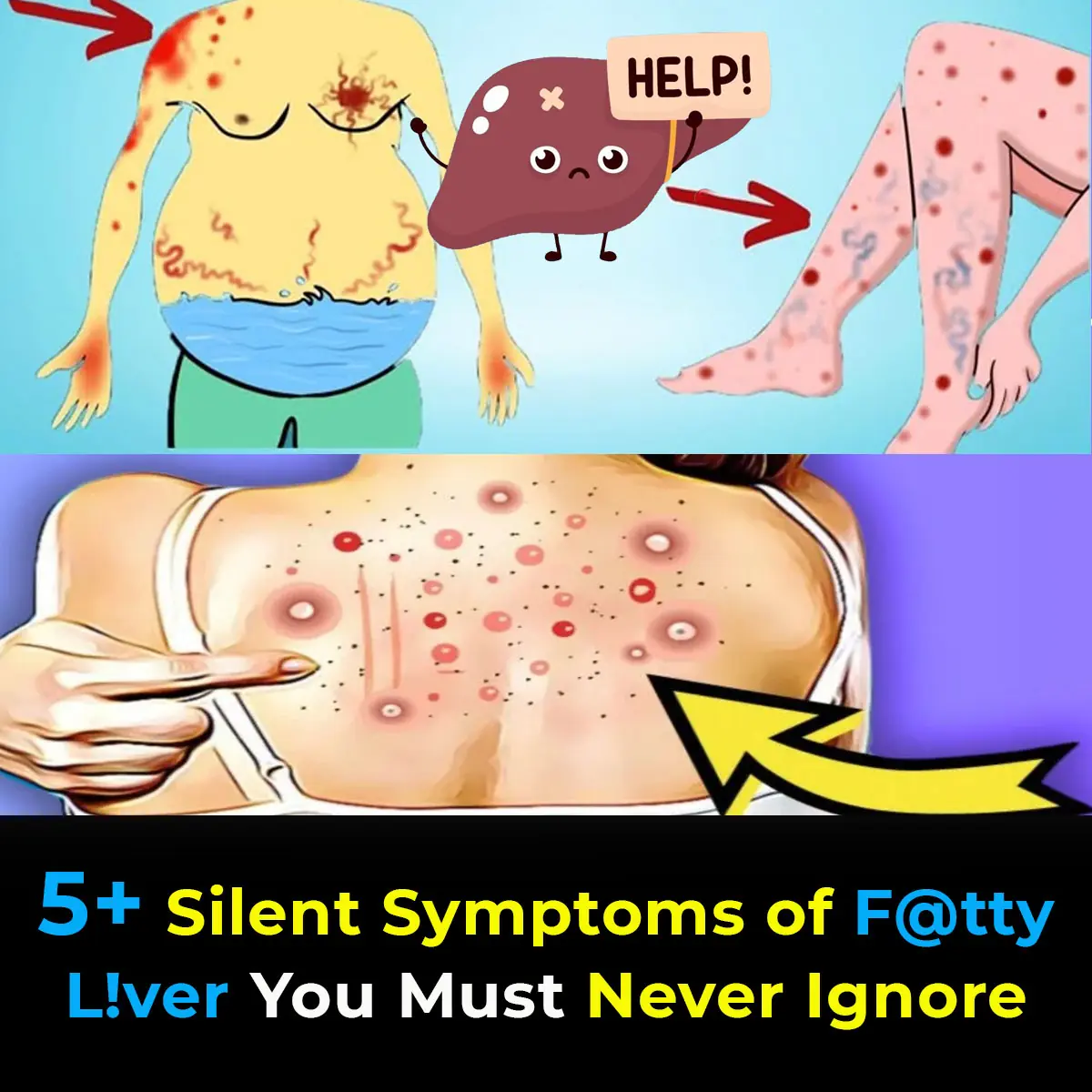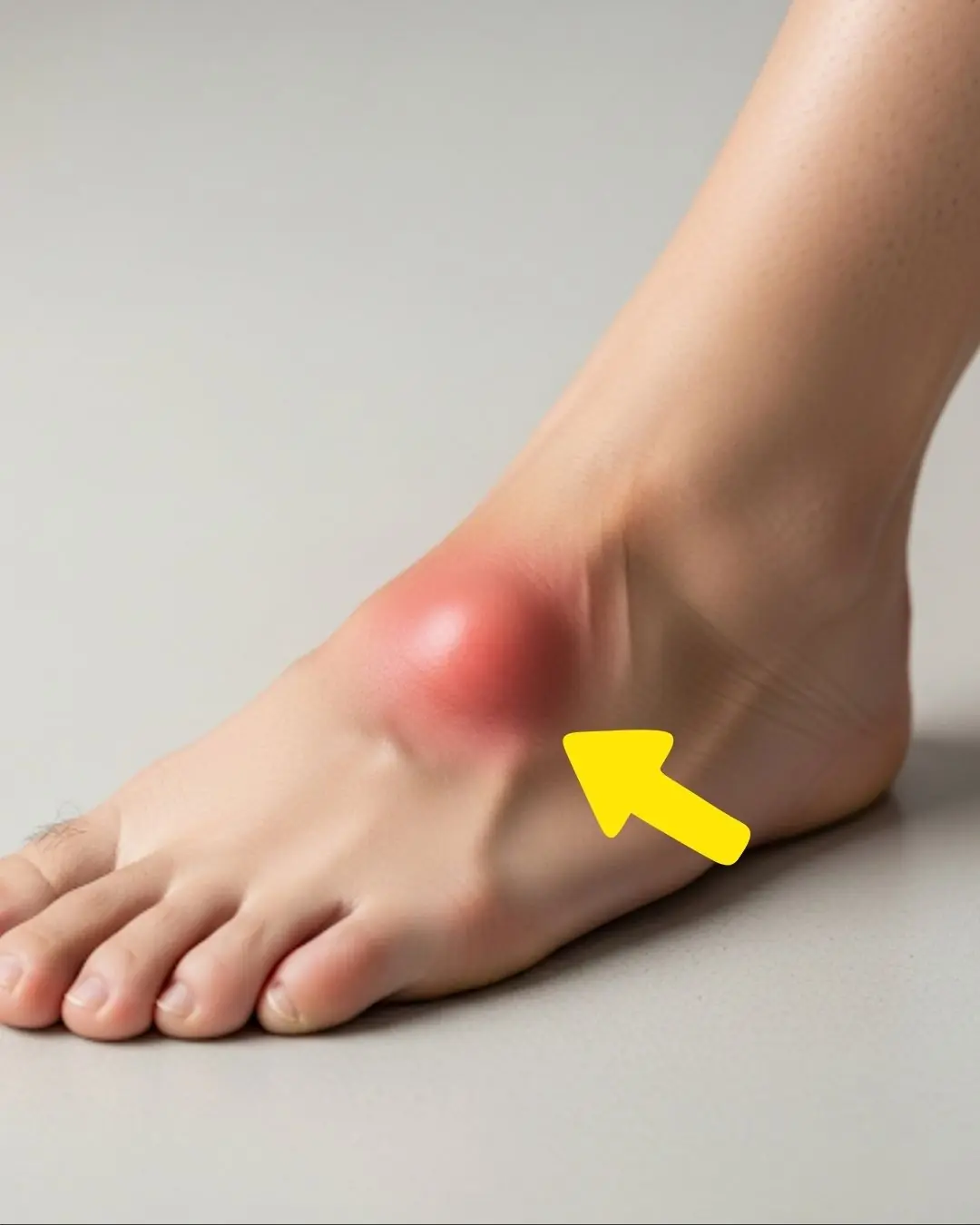
82-Year-Old Woman Reverses Dementia Symptoms with Mediterranean Diet
How One Woman Reversed Dementia Symptoms with Lifestyle Changes
Dementia is a condition that affects millions worldwide, often leading to memory loss, confusion, and a decline in overall cognitive function. While there is no known cure, the story of 82-year-old Sylvia Hatzer from the UK has offered a glimmer of hope. Through a combination of a Mediterranean-style diet and regular mental and physical exercises, Sylvia experienced a remarkable turnaround in her dementia symptoms.
A Difficult Diagnosis
Sylvia’s memory troubles began in 2015, with small lapses that soon grew more serious. In December 2016, she received the devastating diagnosis of Alzheimer’s disease. Her decline was rapid and painful for her family to witness. The lowest point came when she no longer recognized her son, Mark—a heartbreaking moment that pushed him to explore every possible avenue for help.
Searching for Answers
Mark began researching alternatives to traditional medication, looking into global studies on dementia prevention. He noticed that Mediterranean countries consistently reported lower rates of Alzheimer’s disease, and experts often credited their diets. This observation inspired him to try a radical lifestyle change for his mother.
The Mediterranean Diet
Mark introduced Sylvia to a diet centered around fruits, vegetables, legumes, whole grains, nuts, and olive oil, with moderate amounts of oily fish and dairy, and minimal intake of red meat, sugar, and saturated fats.
Foods like blueberries, strawberries, Brazil nuts, and walnuts became daily staples, offering her brain a rich supply of antioxidants and omega-3 fatty acids. Meals were colorful, varied, and nutrient-dense—far from the processed foods that dominate many modern diets.
Scientific Support
Sylvia’s new eating plan wasn’t just a hopeful experiment. Research has long supported the cognitive benefits of the Mediterranean diet. A 2013 systematic review concluded that individuals who followed this diet closely experienced slower cognitive decline and a lower risk of Alzheimer’s disease. Another review in 2016 echoed these findings, linking the diet not only to better memory but also to stronger overall brain function.
The Power of Mental and Physical Exercise
Diet was only part of Sylvia’s transformation. To stimulate her brain, she engaged in daily crosswords, jigsaw puzzles, and social activities that challenged her memory and problem-solving skills. Mark also provided her with a pedal exerciser so she could stay active even while sitting at home.
This holistic approach—nourishing the body, mind, and spirit—gave Sylvia the best chance at recovery.
A Remarkable Transformation
Over time, Sylvia began to improve. The changes were not subtle—she started remembering birthdays, names, and conversations that had once slipped away. Her family saw her personality reemerge, her confidence return, and her ability to hold meaningful conversations strengthen again.
Doctors were astonished by her progress, noting how rare it was for dementia symptoms to reverse in such a noticeable way. For Mark, it was nothing short of a miracle: “Getting my mum back has been the greatest gift,” he shared.
Lessons from Sylvia’s Story
Sylvia Hatzer’s journey demonstrates the power of lifestyle interventions in managing dementia. While results will vary and Alzheimer’s disease remains a progressive condition, her case highlights that small, consistent changes—nutrient-rich foods, daily mental challenges, and gentle physical activity—can have profound effects.
Her story is not about a cure, but about hope and quality of life. It suggests that people facing cognitive decline are not powerless, and that family support combined with healthy choices can make a real difference.
Final Thought
Sylvia’s recovery reminds us that our brains, like our bodies, thrive on the right fuel and exercise. By embracing a balanced diet and staying mentally and socially engaged, we may not only protect our memories but also rediscover joy in daily living.
Her story is proof that sometimes, even in the face of devastating diagnoses, resilience, love, and lifestyle changes can rewrite the ending.
News in the same category


How To Properly Dispose of Ticks

Why Do You Keep Waking Up Between 3 and 5 A.M.? Causes, Explanations, and What It Means for Your Health

Deadly Secrets of Ticks: How to Remove and Dispose of Them Safely Before They Harm You
Ticks may be small, but their impact on human and pet health can be enormous.

Frankenstein Rabbits With Tentacle-Like Horns Spark Invasion As Rare Virus Causes Monstrous Mutations
Although they may look frightening or pitiful, they remain a natural example of how viruses can drastically alter an animal’s appearance.

Only the Sharpest Eyes Can Find All 6 Hidden Words in This Living Room Challenge
If you love solving puzzles and challenges, this viral hidden words image is just for you!

The Hidden Purpose of That Tiny Hole in a Safety Pin Will Surprise You
That tiny hole in a safety pin isn’t just decoration - it’s proof that even the simplest everyday tools can hide smart design secrets.

This Appears to Be a Void in Space. In Truth, It’s Full of Stars in the Making

Potentially hostile’ alien threat could attack Earth in a few months, scientists claim

NASA issues major update on 'not natural' space object aiming at Earth that could be 'dire for humanity'

What’s the Purpose of That Tiny Hole in a Safety Pin

Dogs Start Howling In The Middle of the Night

UK Mom’s Faceplant at Sports Day Goes Viral Online

Woman Declared Dead for 8 Minutes - What She Saw Will Change Everything You Believe About Life and Death
A 33-year-old woman from Colorado was clinically d:ead for eight minutes—yet she insists she never lost awareness and discovered that death is only an illusion. Her extraordinary account challenges science, spirituality, and everything we think we know

What would actually happen if Earth lost oxygen as NASA reveals we're already 'running out'

The Mysterious Spiritual Meaning Of Black Butterflies Entering Your Home
Black butterflies carry meanings that are as mysterious as they are beautiful.

Fatty Liver: Causes, Symptoms, Treatment & Home Remedies

What Are Sebaceous Filaments and Why Are They on Your Face?

This is what sleeping on the left side does for our brain, stomach & glymphatic health
News Post

If Your Feet Swell It Is a Clear Sign

What Your Feet Are Telling You

6 Health Benefits of Sleeping In a Cold Room and How to Make it Cooler- And Why You May Not Want to Use a Fan

The Hidden Meaning Behind Leg-crossing — It’s More Than Just Comfort

10 Symptoms of Diabetes That May Show Up In Your Feet

How To Properly Dispose of Ticks

This is what sleeping on the left side does for our brain, stomach & glymphatic health

12 Best Foods To Support Digestive and Gut Health

Study suggests anal cancer is on the rise and reveals who’s most at risk

Wife Complains of a Headache, Sleeps, and Dies Without Husband Knowing: This Type of Headache Requires Immediate Hospitalization!

Why Do You Keep Waking Up Between 3 and 5 A.M.? Causes, Explanations, and What It Means for Your Health

Deadly Secrets of Ticks: How to Remove and Dispose of Them Safely Before They Harm You
Ticks may be small, but their impact on human and pet health can be enormous.

Frankenstein Rabbits With Tentacle-Like Horns Spark Invasion As Rare Virus Causes Monstrous Mutations
Although they may look frightening or pitiful, they remain a natural example of how viruses can drastically alter an animal’s appearance.

Only the Sharpest Eyes Can Find All 6 Hidden Words in This Living Room Challenge
If you love solving puzzles and challenges, this viral hidden words image is just for you!

Shocking Effects of Sleeping Less Than 7 Hours — What Really Happens to Your Body
Getting less than seven hours of sleep might feel harmless, but science shows it can quietly damage your body in ways you don’t expect. From hormonal imbalances to skin problems and even digestive issues, sleep deprivation affects far more than just you

The Hidden Purpose of That Tiny Hole in a Safety Pin Will Surprise You
That tiny hole in a safety pin isn’t just decoration - it’s proof that even the simplest everyday tools can hide smart design secrets.

Doctors Explain Why You Should Never Hold Back a Fart
On average, every person passes gas 14 to 23 times per day—it’s a natural part of being human and actually shows that your digestive system is functioning properly.

This Appears to Be a Void in Space. In Truth, It’s Full of Stars in the Making

Potentially hostile’ alien threat could attack Earth in a few months, scientists claim
